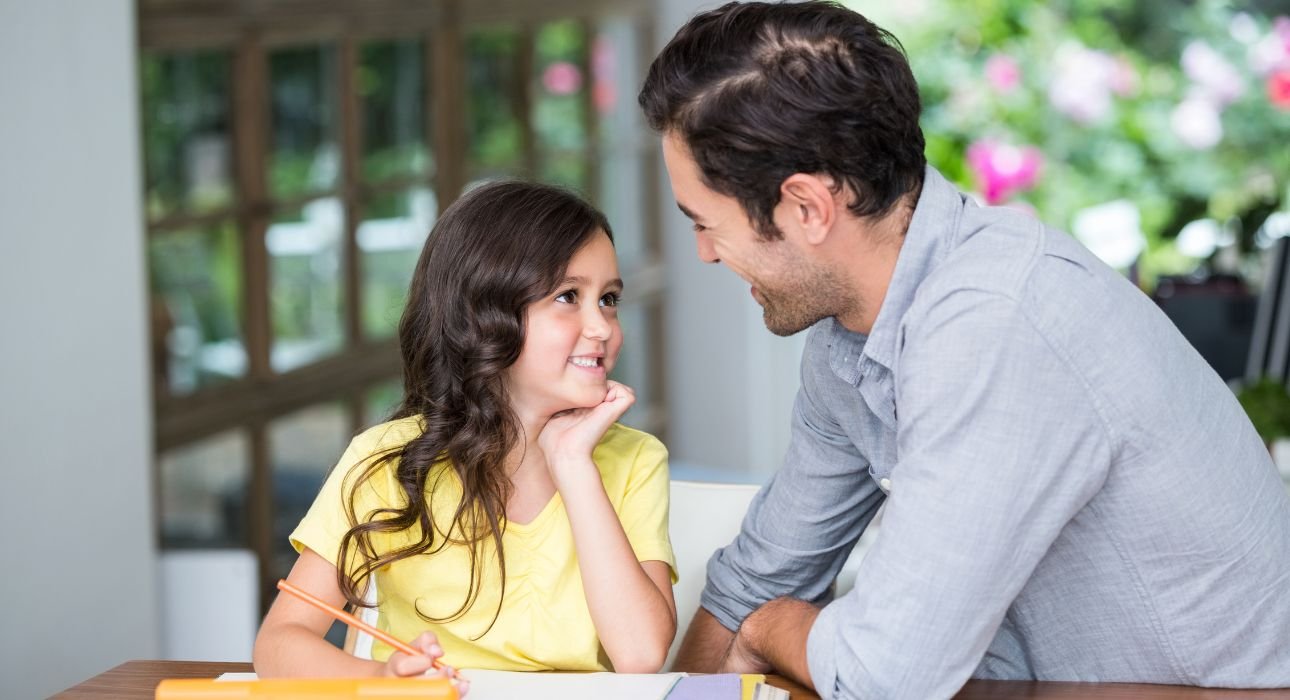Giftedness consists of intellectual depth coupled with emotional depth. Gifted children experience emotions with a greater intensity in comparison to their peers. Intense emotion is much more than “feeling more”; it is to live life in an intensely vivid, absorbing, and sensitive manner. Gifted children can convert feelings into physical conditions (e.g., headache or nausea), empathise with others with no sense of boundaries, experience mood swings, develop fears and phobias, and even attach themselves to an ideal or a principle, emotionally living in a vast sphere.
Misunderstanding Emotional Intensity
Society, in an unfortunate way, looks at the emotional intensity of gifted kids as some sort of emotional instability, rather than seeing this intensity as a gift in a child who possesses an extraordinarily rich cultural and social life. Such intensity, along with how it is dealt with in their lives, can make gifted children feel “different” or “abnormal” to the extent that they may begin to internalise self-doubt, guilt, or anxiety with regard to their emotions.
The Role of Parental Understanding
Lesley Sword makes a synthesis of the literature in this area by stating that it is imperative for parents of gifted children to help their children normalise their emotional experiences. Rather than dismissing the child’s genuine feelings, grown-ups ought to find ways to recognise, back up, talk about, and make emotions seem ordinary. To teach a gifted child about self-awareness and self-acceptance as well as emotional toughness, parents can use structured, disciplined methods to express emotions. They can also allow for creative outlets like art or writing in a journal, and teach about what emotions are.
Common Emotional and Social Challenges
The following are typical social and emotional challenges that gifted children encounter:
- Their skills aren’t like those of other children their age
- They are introverted and have a hard time fitting in
- They struggle internally with their giftedness or are troubled by their intellectual differences
- They can be perfectionists or have low self-esteem if they are hard on themselves or others.
There is no single pattern of giftedness in children. Emotional and social obstacles are unique for each gifted child. These are symptoms of uneven development. “Gifted kids grow up and grow up at different rates” (Gross, 2001).
Asynchronous Development in Gifted Children
Academically gifted children are smarter than their emotional and physical development. An intellectually gifted five-year-old may possess the mental capacity of an eight-year-old, the emotional maturity of a three-year-old, and the physical maturity of a six-year-old. A person’s emotional and physical development may be more out of step the more intelligent they are. You may need a cognitive evaluation to determine their level of cognitive ability. A gifted child can understand concepts that he cannot relate to emotionally. One may become overwhelmed by worries about dying, the future, or world hunger. Anger and anxiety can result from such situations.
Ways to Help Your Gifted Child Feel ‘Normal’
“Gifted children emotionally are not the same age as cognitively,” says Teresa Boatman, director of practice for the National Association for Gifted Children. Another child who solves high-level math problems way beyond their age level may still require the comfort, guidance and emotional nurturing of a child their real age. Here are a few strategies for developing your gifted child’s emotional health:
1. Cultivate Social Skills with More Than the Basics
Gifted children frequently do not find social situations to be intuitive. It will foster healthy social skills by teaching them to imagine others as friends (mirroring them, perhaps), how to be a good host (offer a snack), and how to be a good listener (listening and eye contact). They don’t need to brag about themselves or exaggerate their abilities, but can instead be sincere about what they are capable of and draw people closer rather than push them away.
2. Promote Group Socialisation
Gifted children might struggle to connect with their contemporaries who are not interested in what they are passionate about. Make sure your child has access to diverse group activities so that they can meet different people. Encourage them to be open-minded towards new friendships and teach them to embrace differing views or behaviours. These experiences help cultivate greater empathy as well as deepen understanding of relationships.
3. Encourage Structured Interaction among Gifted Children
Spending time with gifted peers or those sharing similar interests provides children with the opportunity to interact with people who understand them. These things also nurture mutual respect, stronger feelings of belonging, and deeper understanding toward one another. In such settings, your child is mostly understood, appreciated, and accepted, which way more often than not enhances enduring meaningful friendships.
4. Honour Their Emotional Development Stages
Do not permit advanced intellectual ability to overshadow other emotional reality dimensions of your child. A ten-year-old with marvelously advanced reasoning skills resembling a teenager’s thoughts still needs bedtime stories, physical affection, or reassurance like one a normal ten-year-old would require. This nurtures the bond as well as promoting great confidence within the child.
5. Try Out Some Structured SEL (Social and Emotional Learning)
If you want your kid to learn how to handle all those big feelings, SEL programs are where it’s at. They dive into the real stuff—like how not to completely lose it when things go sideways, or how to understand other people instead of just nodding along. Plus, it’s a safe space where gifted kids can figure out that, hey, maybe they’re not the only ones feeling a little out of place sometimes.
6. Get Real About Counselling and School Support
If your kid’s big emotions are making life heavy (think stress, perfectionism, hiding in their room), it might be time to call in the pros. Counsellors who actually get gifted kids can help them find hacks for handling their emotions, and schools can tweak things so your kid stays challenged without getting totally swamped.
Conclusion
Gifted youngsters don’t just assume in another way—they feel differently too. Their emotional globe is often vibrant, excessive, and deeply private. When misunderstood, this depth can cause self-doubt, isolation, and anxiety. But with understanding, help, and the right gear, these emotional depths can turn out to be an effective energy. By acknowledging their precise emotional wishes, respecting their developmental tempo, and imparting them based opportunities for connection and boom, we help talented kids sense now not simply “everyday,” however valued and complete. Ultimately, helping the emotional globe of gifted children empowers them to thrive not most effective as vibrant minds but as resilient, compassionate, and confident people.
References +
Dlugosz, M. (2025b, April 7). Emotional intensity in gifted children. Davidson Institute. https://www.davidsongifted.org/gifted-blog/emotional-intensity-in-gifted-children/
Rocker, B. (n.d.). Gifted Children and their Social and Emotional Difficulties. https://www.childpsychologist.com.au/resources/gifted-children-and-their-social-and-emotional-difficulties













Leave feedback about this